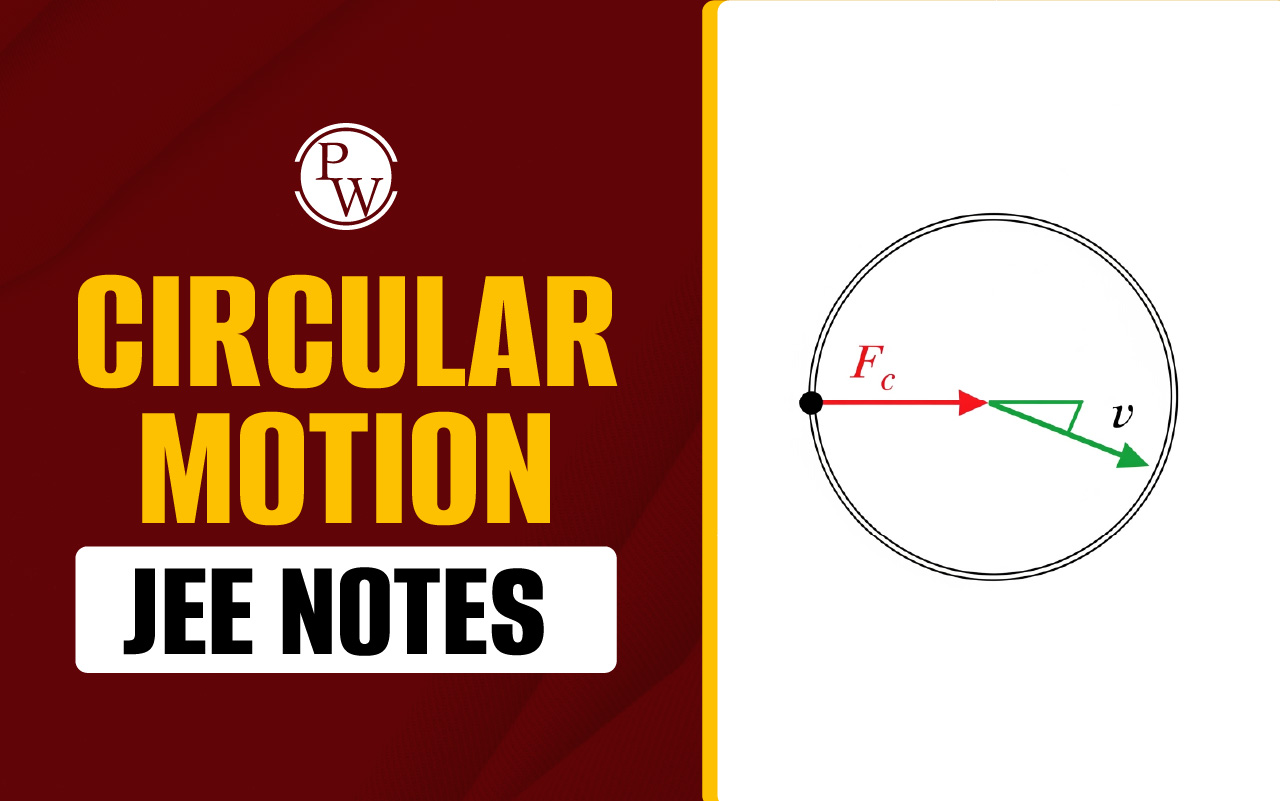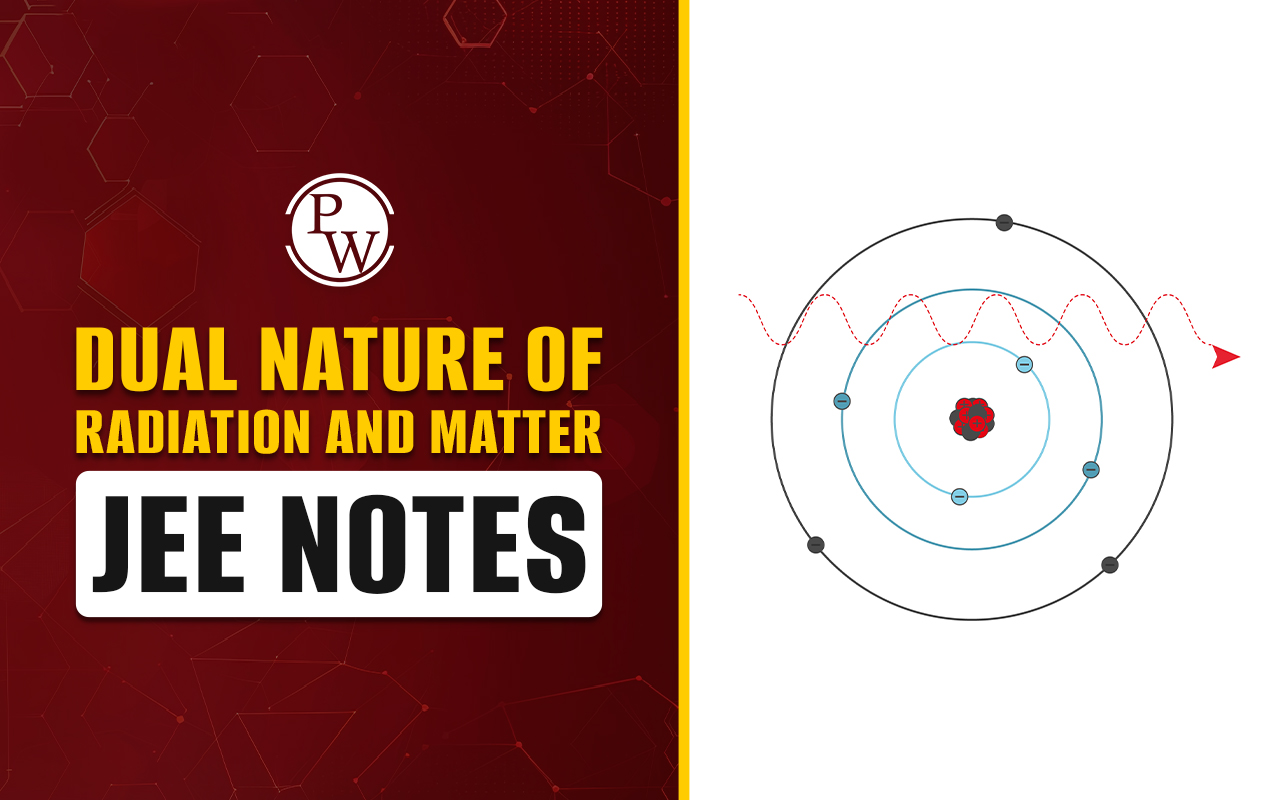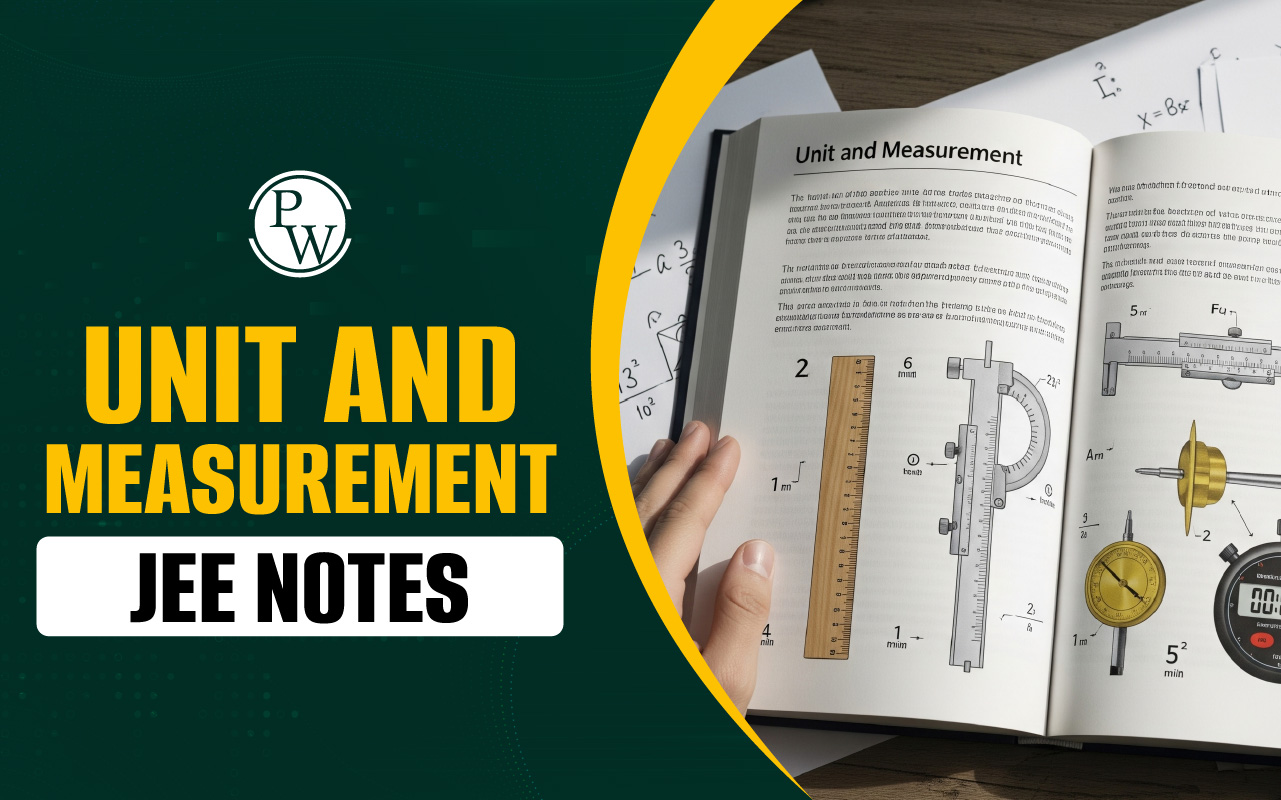

Class 11 to JEE 2027: The Joint Entrance Examination, JEE 2027, is one of the most challenging competitive exams in India. Clearing it is your golden ticket to the Indian Institutes of Technology, NITs, and other premier engineering colleges in India. If you’re a Class 11 student embarking on this journey, it’s the ideal time to cultivate good study habits and set a solid foundation to guide you through the next two years.
The JEE exam tests your understanding of Physics, Chemistry, and Mathematics, but more importantly, your ability to solve problems within a given time. Let’s explore a complete preparation guide of strategies, subject-wise tips, the best timetable, common mistakes to avoid, and more to help you from Class 11 to JEE 2027.
Class 11 to JEE 2027 Preparation
JEE 2027 is of two levels, JEE Main and JEE Advanced, and both these levels primarily test the conceptual understanding and problem-solving abilities of a student rather than his/her memorization power. JEE Main is based on speed, accuracy, and NCERT-based questions, while JEE Advanced has deep understanding-based questions and trickier problems.
Half the questions are from class 11, and the other half are from class 12, so it is very important to have a very strong foundation in class 11 as well. A regular two-year preparation with a balance between school, coaching, and self-study will give you enough time for practice, revisions, and taking mock tests so that you can go into these exams with confidence.
JEE 2027 Roadmap for Beginners
A step-by-step roadmap for JEE 2027 with a month-wise preparation plan for aspirants. The roadmap for JEE 2027 caters to beginners, aids in building a strong foundation, advanced problem-solving, and balancing school, coaching, and board exam preparation. Follow this month-wise plan for consistent progress and peak performance for Class 11 to JEE 2027 exam preparation:
|
JEE 2027 Roadmap for Beginners |
||||||
|
Month |
Class |
Focus / Strategy |
Self-Study & Practice |
Revision / Mock Tests |
Board Exam Integration |
Notes |
|
Sep – Nov 2025 |
11 |
Build foundation, understand basic concepts, create notes & formula sheets |
Solve simple problems daily; 1–2 hrs per subject |
Light weekly revision |
Start NCERT notes for boards |
Focus on understanding, not speed |
|
Dec 2025 – Feb 2026 |
11 |
Strengthen concepts, moderate problem-solving, identify weak areas |
1–2 hrs daily problem practice; weekly small tests |
Revise previously studied chapters weekly |
Keep integrating school syllabus |
Begin familiarization with JEE-style questions |
|
Mar – May 2026 |
11 |
Solve medium-level problems, integrate concepts across subjects |
2 hrs/day problem-solving |
Weekend mini mock tests; formulas & diagrams revision |
Maintain formula & reaction notebook |
Prepare for first Class 11 board exam cycle |
|
Jun – Aug 2026 |
11 |
Increase problem difficulty, build speed & accuracy |
2–3 hrs/day; focus on tricky problems |
Weekly topic-wise tests |
Continue school preparation |
Focus on strengthening weak areas |
|
Sep – Nov 2026 |
11 + 12 |
Start Class 12 basics along with finishing Class 11 |
Daily 2–3 hrs problem-solving; integrate coaching material |
Mini mixed-topic tests every week |
Begin collecting Class 12 board notes |
Gradual transition to Class 12 concepts |
|
Dec 2026 – Feb 2027 |
11 + 12 |
Advanced problem-solving, integration of Class 11 & 12 concepts |
2–3 hrs daily; coaching worksheets & exercises |
Full-length chapter-wise tests every 2–3 weeks |
Regularly revise Class 11 board topics |
Increase focus on speed & accuracy |
|
Mar 2027 |
11 + 12 |
Board exams and JEE integration; practice advanced problems |
3 hrs daily; mixed-level exercises |
Weekly full-length tests |
Intensive board exam revision |
Focus on weak areas identified in tests |
|
Apr 2027 – 2nd Week May 2027 |
12 |
Final JEE & Board prep; consolidation phase |
3–4 hrs daily focused revision |
Alternate days: full-length JEE-level mocks |
Board exam problem-solving |
Focus on formulas, diagrams, reactions |
|
3rd Week May 2027 |
12 |
JEE Advanced readiness; exam simulation |
Only quick revision and mock simulation |
2–3 full-length JEE mocks in exam-like conditions |
Light final board review |
Avoid learning new topics; confiden |
Subject-wise JEE 2027 Strategy
Strategy for JEE 2027 should be made on subject basis. Dividing the preparation of JEE 2027 into Physics, Chemistry, and Mathematics is always a great way to learn and follow progress on a regular basis. These subjects are different from each other, and each student should learn how to prepare for these subjects from class 11th onwards for a stronger foundation to crack the exam successfully.
Physics Strategy
Physics is a subject which requires conceptual clarity and a good problem-solving strategy. For beginners, first start with the simple problems and work on the formulas and basic concepts and principles. Solving problems is also a skill, thus, the methods of solving both easy and advanced questions should be understood properly.
-
Solving Problems: Start with simple problems, and then slowly move towards medium and advanced problems.
-
Revision: Keep a formula sheet and derivation sheet to refer and revise regularly.
-
Mock Tests: Solve chapter-wise tests on weekly basis.
-
Time Management: Set a timer while solving problems and work according to the allocated time.
Consistent problem-solving is needed to get ready for the speed of JEE Main and accuracy in JEE Advanced.
Chemistry Strategy
Chemistry is divided into three parts: Physical Chemistry, Organic Chemistry, and Inorganic Chemistry. All parts have different approaches for practice and it is better to have separate time for each of them. NCERT textbooks are the basic foundation of Chemistry preparation and should be studied carefully.
-
Physical Chemistry: This part requires practice of problems and numerical.
-
Start with simple questions, and slowly move towards medium and advanced questions.
-
Organic Chemistry: Learn the reaction mechanisms and prepare small and simple notes for reactions, reagents, and mechanisms.
-
Inorganic Chemistry: Learn to remember the important properties, trends, and reactions in this subject. It is also important to have a logic behind it.
-
Weekly quizzes and regular revision help to memorize the important reactions and concepts. Solving previous year’s questions is always effective for Chemistry as it always follows the standard type of questions.
Mathematics Strategy
Consistency and systematics in mathematics practice lead to high scores in the exam. Mathematics is a subject that is based on concepts and formulas. Memorization should not be the priority but the concept and logic behind the formulas should be clear in the minds of the students.
-
Conceptual clarity: Method of solving the problems is more important than solving the questions. Develop the habit of finding patterns in problems.
-
Practice Routine: Solve simple problems first, and then slowly move to medium and advanced problems.
-
Revision: Keep a notebook of all the formulas, theorems, and shortcuts to refer quickly.
-
Mock Tests: Chapter-wise and mixed-topic tests improve speed and time management.
Logical reasoning and regular problem-solving are the keys to building confidence and being able to solve JEE Main and JEE Advanced level questions.
Best Timetable for JEE 2027 Aspirants
JEE 2027 aspirants have around 1.5 years to prepare. It is essential to develop a solid base in Class 11, cover every topic, and then slowly advance to complex problems. The given timetable ensures students find the perfect mix of school, coaching, self-study, and revision.
|
Best Timetable for JEE 2027 Aspirants |
||
|
Time |
Activity |
Notes |
|
6:00 – 6:30 am |
Morning refresh & light exercise |
Boosts focus and energy |
|
6:30 – 7:30 am |
Revision of previous day’s topics |
Quick recap of formulas, reactions, or derivations |
|
7:30 – 1:30 pm |
School |
Pay full attention during classes; take brief notes for revision |
|
1:30 – 2:30 pm |
Lunch & short rest |
Recharge energy for coaching |
|
2:30 – 5:00 pm |
Coaching |
Focus on concepts and assignments; take clear notes |
|
5:00 – 5:30 pm |
Short break/snack |
Avoid long distractions |
|
5:30 – 7:00 pm |
Self-study: Physics / Mathematics |
Solve examples, practice numericals |
|
7:00 – 8:00 pm |
Dinner & relax |
Refresh mind |
|
8:00 – 9:00 pm |
Self-study: Chemistry |
Theory + numericals or reactions |
|
9:00 – 9:30 pm |
Revision/formula notebook |
Reinforce memory before sleep |
|
9:30 – 10:30 pm |
Weak topic focus / problem-solving |
Only if energy allows |
|
10:30 pm |
Sleep |
Maintain consistency for concentration and memory |
Mistakes to Avoid in JEE Preparation
JEE preparation becomes more effective when we pay attention to specific mistakes we should avoid. These mistakes can easily make your preparation unproductive and unfocused. Let’s discuss some of the mistakes we should not repeat during JEE 2027 preparation:
-
Skipping Class 11 Topics: The basics learnt in class 11 are important for the topics of class 12, they also increase our overall understanding of the topics covered in class 12.
-
Memorising Formulae: Memorising formulas and equations without proper understanding does not help us use them while solving questions.
-
Switching Between Many Books: This is not going to help us in building a strong foundation and might make us confused about the topics; stick to standard books and make sure you revise them.
-
Skipping Revisions: Revision of topics is as important as studying them in the first place, we are likely to forget them. Make a revision plan at the end of the week and month for revision.
-
Skipping Mock Tests: Mock tests are important to increase your exam speed and also manage your time. If you skip these, it will be hard for you to perform well under the actual exam pressure.
-
Comparing yourself with others: Comparison with others makes us feel more stressed and low. The key to success is to stay consistent and monitor your own progress.
Class 11 to JEE 2027 FAQs
1. When should I start my preparation for JEE 2027, given that I am in Class 11?
2. What is the best way to balance school studies, coaching, and self-study for JEE 2027?
3. How much emphasis should I give to the Class 11 syllabus for JEE 2027?
4. How frequently should I revise and take mock tests for JEE 2027?
5. What are some common mistakes that beginners make while starting preparation from Class 11 for JEE 2027?













